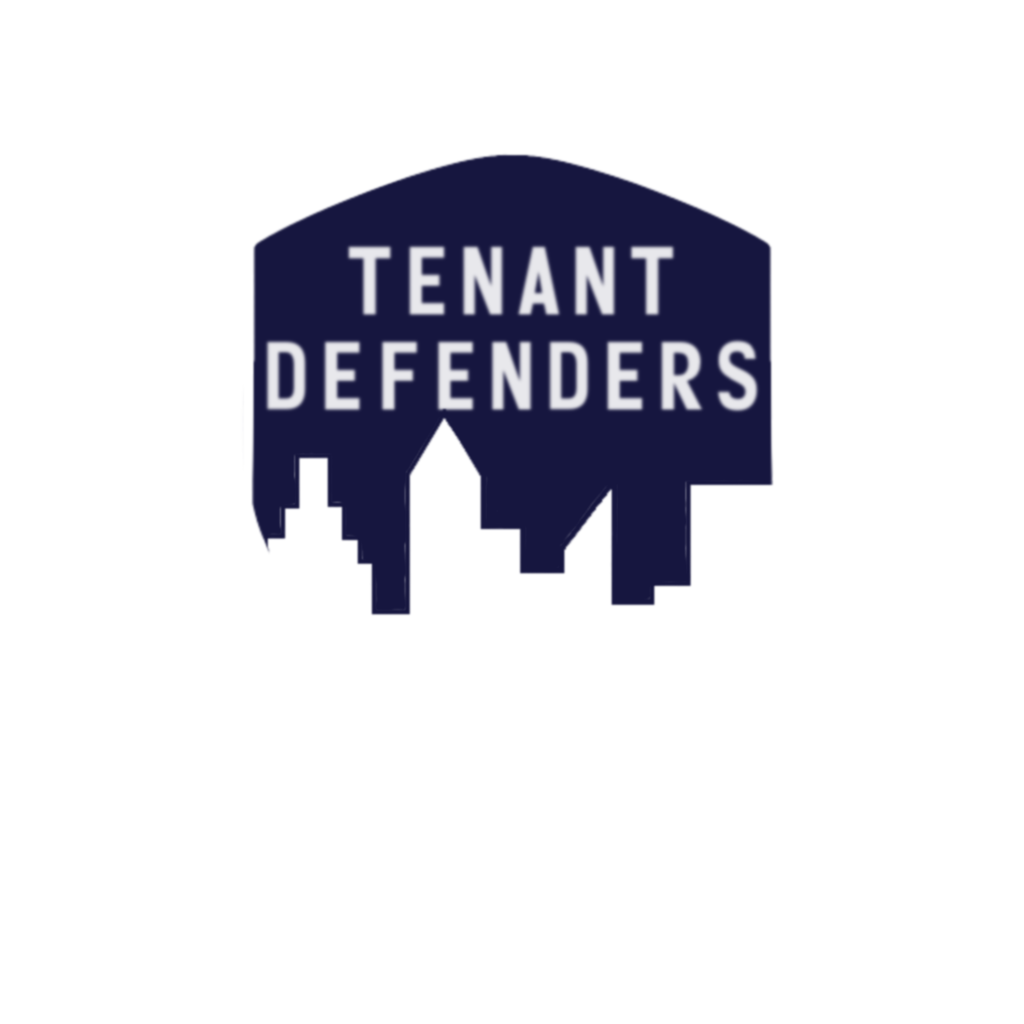Do tenants have a right to keep the landlord from entering their home?
Yes, but it’s important to understand how tenants must assert their right to quiet enjoyment.
Tenants often contact me wondering what to do when the landlord demands to be let into the house without advance notice and without cause. In those cases, generally speaking, the landlord has no right of entry. If he wants in, then he must make the request correctly.
California law requires that landlords and their agents give the correct notice before attempting to enter into a rental property.
When they give notice, they must follow specific procedures.
The Notice must be in writing.
Any landlord or property manager that wants to get into the rental must give advance written notice at least 24 hours before the attempted entry. The notice must be served at the property.
The Notice must explain why the entry is needed.
The landlord, and the agents working on his or her behalf, cannot simply ask to come into your home because they feel like it, or based upon unfounded suspicions.
These requirements are explained in detail in California Civil Code Section 1954. The full text of the statute section is as follows:
California Civil Code Section 1954
(a) A landlord may enter the dwelling unit only in the following cases:
(1) In case of emergency.
(2) To make necessary or agreed repairs, decorations, alterations or improvements, supply necessary or agreed services, or exhibit the dwelling unit to prospective or actual purchasers, mortgagees,tenants, workers, or contractors or to make an inspection pursuant to subdivision (f) of Section 1950.5.
(3) When the tenant has abandoned or surrendered the premises.
(4) Pursuant to court order.
(b) Except in cases of emergency or when the tenant has abandoned or surrendered the premises, entry may not be made during other than normal business hours unless the tenant consents to an entry during other than normal business hours at the time of entry.
(c) The landlord may not abuse the right of access or use it to harass the tenant.
(d) (1) Except as provided in subdivision (e), or as provided in paragraph (2) or (3), the landlord shall give the tenant reasonable notice in writing of his or her intent to enter and enter only during normal business hours. The notice shall include the date, approximate time, and purpose of the entry. The notice may be personally delivered to the tenant, left with someone of a suitable age and discretion at the premises, or, left on, near, or under the usual entry door of the premises in a manner in which a reasonable person would discover the notice. Twenty-four hours shall be presumed to be reasonable notice in absence of evidence to the contrary. The notice may be mailed to the tenant. Mailing of the notice at least six days prior to an intended entry is presumed reasonable notice in the absence of evidence to the contrary.
(2) If the purpose of the entry is to exhibit the dwelling unit to prospective or actual purchasers, the notice may be given orally, in person or by telephone, if the landlord or his or her agent has notified the tenant in writing within 120 days of the oral notice that the property is for sale and that the landlord or agent may contact the tenant orally for the purpose described above.
Twenty-four hours is presumed reasonable notice in the absence of evidence to the contrary. The notice shall include the date, approximate time, and purpose of the entry. At the time of entry, the landlord or agent shall leave written evidence of the entry inside the unit.
(3) The tenant and the landlord may agree orally to an entry to make agreed repairs or supply agreed services. The agreement shall include the date and approximate time of the entry, which shall be within one week of the agreement. In this case, the landlord is not required to provide the tenant a written notice.
(e) No notice of entry is required under this section:
(1) To respond to an emergency.
(2) If the tenant is present and consents to the entry at the time of entry.
(3) After the tenant has abandoned or surrendered the unit.
The Covenant of Quiet Enjoyment
As is the case with most statutes, there is a lot of exceptions to the general rule requiring notice. Unfortunately, many landlords, property managers and real estate agents attempt to take advantage of these exceptions in ways that can quickly become overbearing and harassing.
That’s why it pays to know your rights as a tenant and to speak with an attorney that can help you to assert those rights. Most tenants are unaware that their lease agreement has a number of implied promises between the tenant and landlord. These promises are common law rights known as covenants. Covenants predate California statutes, but they are still good law that landlords must observe.
One of the most important of these covenants is known as the covenant of quiet enjoyment. Simply put, it means that you as the tenant have the exclusive right to possession of the property you rent. Your landlord cannot take this covenant away.
If your landlord is acting in a way that deprives you the full use and benefit of your rental property, then he or she is likely violating the covenant of quiet enjoyment.
Rental agreements that attempt to narrow tenants’ rights to quiet enjoyment, or give landlords greater access to enter tenants’ homes than is allowed under Civil Code §1954, are void and unenforceable in California.
Consult with an attorney to discuss your specific situation
To learn more about your privacy rights as a tenant, you should contact an attorney that specializes in helping renters to assert their rights
Before you take up the situation with your landlord on your own, schedule an appointment to speak with a lawyer.
or
Contact Us
tell us about your situation
